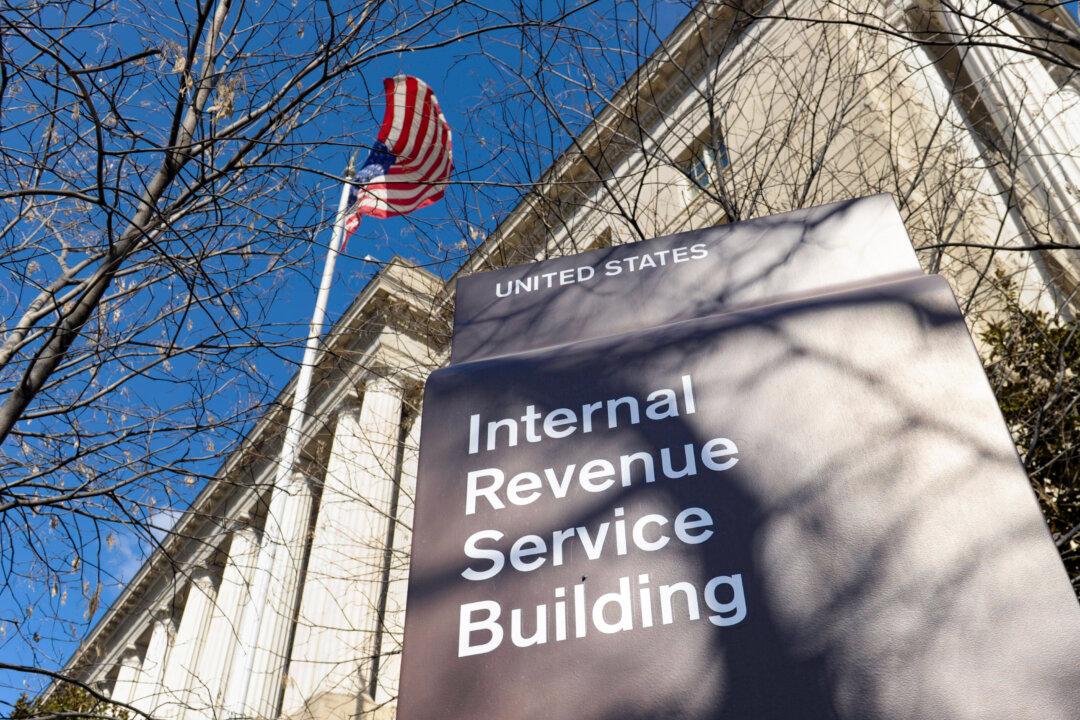The Biden administration’s assurances that there will be no expanded tax audits on businesses and households making less than $400,000 per year applies to “total positive” income without losses, according to testimony before the Senate Finance Committee.
Chris Edwards of the CATO Institute testified before the committee on May 16 on the issue of the $80 billion in additional funds given to the Internal Revenue Service (IRS) as part of the Inflation Reduction Act.





